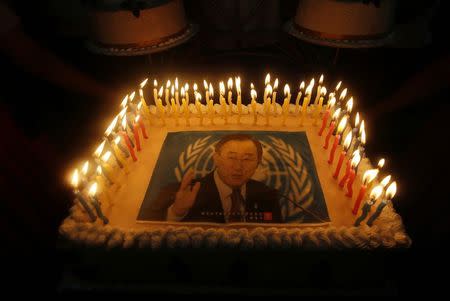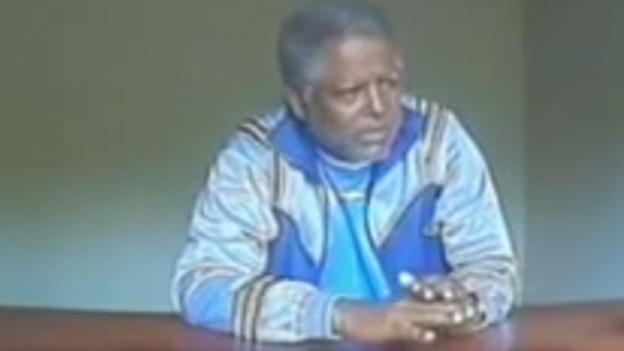by Mridula Tirumalasetti
Impunity Watch Reporter, South America
LA PAZ, Bolivia—The U.N. reported that the coca cultivation in Bolivia has declined by nine percent from 2012 to 2013, which is the lowest it has been in 12 years. Bolivia is one of the world’s biggest cocaine producers, third after Peru and Colombia.
In 1961, the U.N. Convention on Narcotic Drugs, which is the U.N.’s main anti-narcotics treaty, banned the coca leaf, as well as drugs produced from the cocoa leaf, including cocaine, heroin, opium, and morphine. In 2012, Bolivia withdrew from the Convention in order to protest the criminalization of chewing coca leaves. After Bolivia withdrew from the Convention, the U.N. granted Bolivia a special dispensation in which it recognized chewing coca leaves as a traditional, legal practice. As a result, Bolivia was re-admitted into the Convention.
Chewing coca leaves has been a long- standing tradition in Bolivia. It is typically chewed as a source of energy or as an antidote to altitude sickness, and can be consumed as tea and used in religious ceremonies. Moreover, the leaf is an important source of income.
Bolivia’s President Evo Morales, a former coca farmer, has defended the practice and has called it an “ancestral rite” for tea, sweets, and medicines. On June 13 of this year, Morales even presented U.N. Secretary-General, Ban Ki-moon with a cake made with coca leaves for his 70th birthday. Ban Ki-moon was in Bolivia during that time in order to discuss ways to reduce poverty.

However, Bolivia has made efforts to cut back on cultivation areas. A joint survey by the U.N. Office on Drugs and Crime and the Bolivian government reported that about 23,000 hectares were used last year for coca bush cultivation as opposed to the 25,300 hectares used in 2012. The government set a goal of reducing cultivation areas to 20,000 hectares by 2015, as part of a strategy to reduce surplus and fight in the war on drug trafficking.
“This decline confirms a downward trend over the last three years, during which period coca cultivation dropped by 26 percent,” said Antonino De Leo, a representative from the U.N. Office on Drugs and Crime. He continued, “In 2013, Bolivia recorded the lowest area under coca cultivation since 2002.”
For more information, please see:
Yahoo News–Bolivian president gives UN chief coca birthday cake–13 June 2014
Reuters–Coca cultivation in Bolivia falls to 11 year low–23 June 2014
Fox News–UN drug agency says coca acreage in Bolivia has dropped to lowest level in dozen years–23 June 2014
Global Post–Bolivian coca cultivation dropped 9% in 2013–23 June 2014

